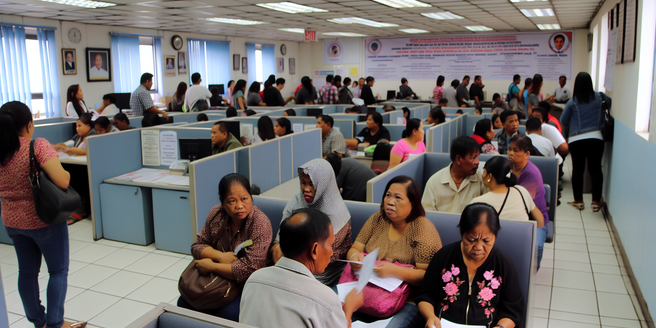Understanding What Welfare Is and Who It’s For
Welfare is a type of government support intended to ensure that all citizens can meet basic human needs such as food and shelter. This system operates under the principle of public responsibility, asserting that society has a role in supporting its most vulnerable members. Welfare programs typically serve low-income individuals and families, the elderly, and individuals with disabilities.
A Deep Dive into Different Types of Welfare Programs
There are several different types of welfare programs offered in various countries. Some of the most common include the Supplemental Nutrition Assistance Program (SNAP) for food assistance, Medicaid for health coverage, Temporary Assistance for Needy Families (TANF) for financial support, and housing assistance programs. Additionally, there are programs intended to support individuals with disabilities and elderly individuals.
How to Determine If You’re Eligible for Welfare
Eligibility for welfare programs is typically based on a combination of factors, such as income, family size, and individual need. Various programs have different eligibility guidelines. As a general rule, individuals and families with lower incomes and fewer resources are more likely to be eligible.
Application Procedures and Required Documentation for Welfare Programs
Application procedures for welfare programs vary depending on the specific program and the region. Generally, however, applications require proof of income, household size, and need. This may include pay stubs, tax returns, and proof of other income sources such as child support. Depending on the program, you may be able to apply online, by mail, or in person.
Effects of Welfare on Economy and Society
Welfare programs have wide-ranging implications for the economy and society. For example, they can provide a safety net for individuals and families during difficult times, reduce poverty, and support economic stability during downturns. At the same time, some argue that welfare programs can potentially discourage work engagement. It’s essential to have a balanced perspective that takes into account both the costs and benefits of welfare programs.
Concluding Thoughts on Welfare Programs
Understanding what welfare is, who it’s for, the various types, how to determine eligibility, application procedures, and its effects on the economy and society is essential. With this knowledge, individuals can better understand their options and rights when it comes to government support. Meanwhile, society as a whole can better appreciate the benefits and challenges of maintaining such programs.



